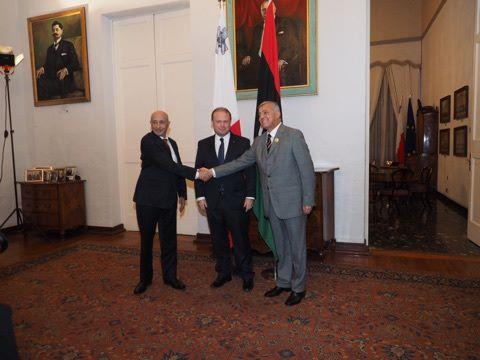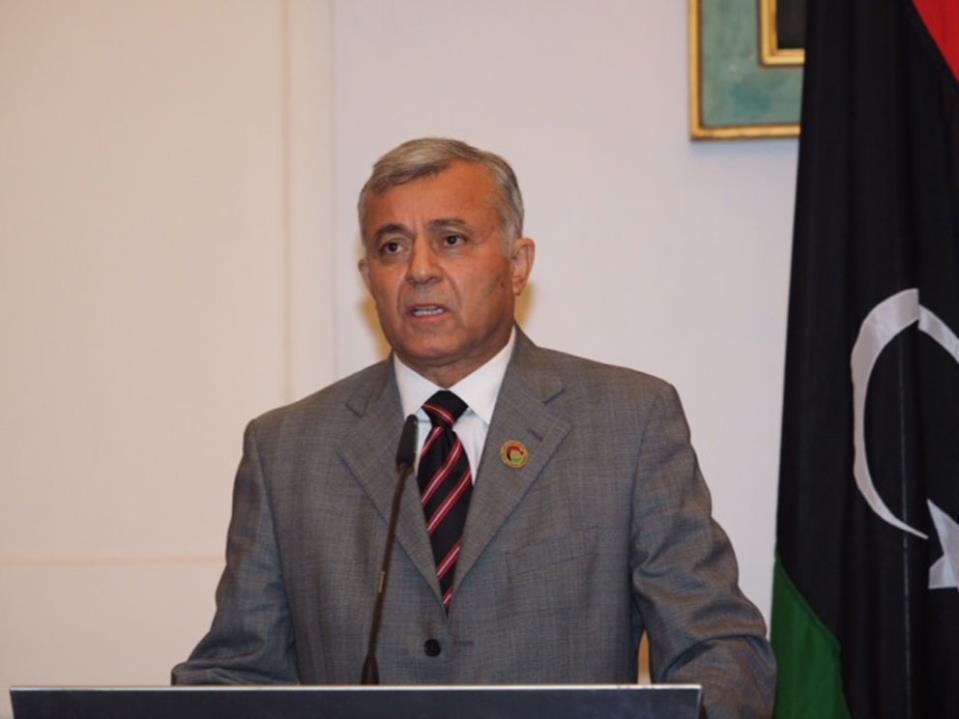For the second time since Prime Minister Joseph Muscat triumphantly posed with two rival Libyan leaders as they shook hands at Castile and declared Malta as a regional peace-broker, those same two individuals were once again slapped with sanctions by the European Union on Friday. They are being accused of hindering the new UN-brokered Libyan government from beginning work.
The European Union sanctioned Agilah Saleh, parliament head in the eastern city of Tobruk, and Nuri Abu Sahmain, who leads the outdated General National Congress, as well as Khalifa Ghweil, head of the so-called National Salvation Government.
All three have been hit with travel bans and asset freezes for “obstructing the implementation” of last December’s Libyan political agreement and the formation of the so-called Government of National Accord.
According to an EU statement published on Friday, in view of the gravity of the situation, the Council prolonged the sanctions against Libya targeting three persons for six months.

On 1 April, the Council added the three persons to the list of people subject to EU restrictive measures against Libya. The three, according to the Council of the European Union, “are viewed as obstructing the implementation of the Libyan Political Agreement of 17 December 2015 and the formation of a Government of National Accord in Libya.
“The Council remains concerned about the situation in Libya, and in particular about acts that threaten the peace, security or stability of the country, and that impede or undermine the successful completion of Libya's political transition.”
All three individuals are believed to have assets in Malta that will have to be or have been been frozen in line with the EU sanctions.
Back in 15 December 2015, in Malta, Agilah Saleh and Nuri Abu Sahmain said that the UN-brokered – and EU supported – deal was not in the best interests of the Libyan people and that it would not be signed.

Instead, the two Libyan sides agreed to start forming committees as from the next day to work on all the positive points that had emerged during the dialogue, eventually leading to the formation of a national unity government.
The meeting, hosted by Malta, had raised eyebrows in EU circles and there were many who questioned why Malta was hosting such a meeting just a day before they were to sign a peace accord and form a national unity government proposed by the UN.

Agilah Saleh had said that the outcome of the dialogue meeting was a positive one which showed that when Libyan leaders meet, problems are solved.
“We would like to form a national unity government but do not want it to be forced upon us from outside. For this government to be formed, it must be agreed upon by all the people,” he said, while extending his gratitude to the Maltese government.